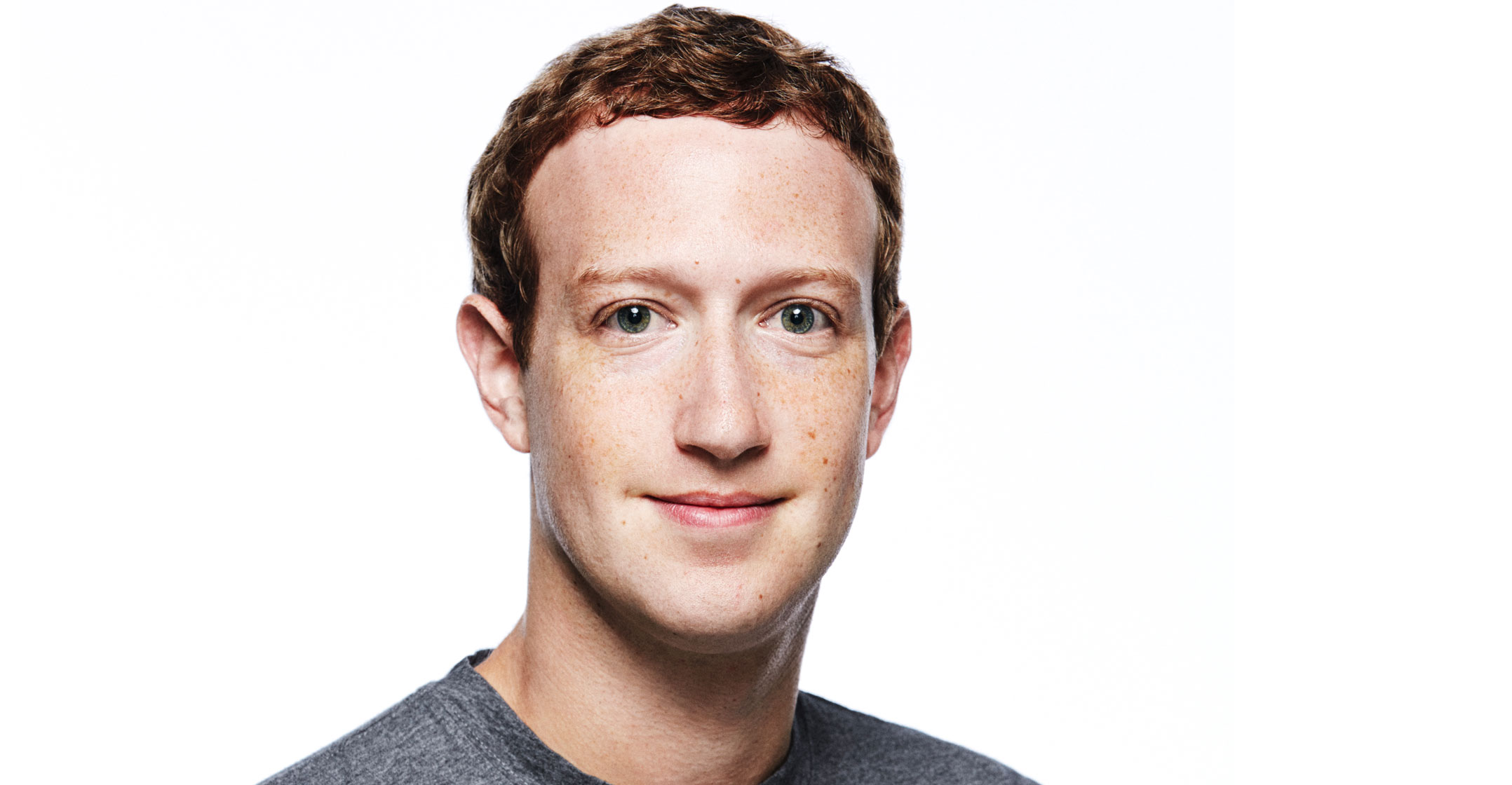
Facebook bosses have lost control of the social network and is unlikely to regain it, a former Harvard classmate of Mark Zuckerberg has claimed.
Aaron Greenspan, who knew Zuckerberg during their time at Harvard College in 2003 and 2004, launched a scathing attack on the chief executive’s ability to lead and reiterated previous accusations of fraud.
The pair settled a trademark dispute in 2009 for an undisclosed sum, after Greenspan developed a feature called “The Universal Face Book” on his Web-based student portal before Zuckerberg launched Facebook in February 2004.
Earlier this year, Greenspan — who has never worked for Facebook — published a report in which he estimated that 50% or more of Facebook’s monthly unique users are fake.
Providing evidence to the UK’s DCMS (department for digital, culture, media & sport) committee looking into disinformation, Greenspan renewed his claims, suggesting that Facebook has lied to advertisers.
“I believe Facebook represents the largest fraud in corporate history ever,” he said. “This is somebody, and as a corporate entity, that has no intention of complying with the law. Clearly, Mark has no intention of appearing here or in Canada, or anywhere when serious questions are going to be posed and because there is no legitimate answer in many cases to those questions.
“So, I don’t have any faith in Facebook, I don’t think they can be trusted, I don’t think they should be trusted, and I would encourage your committee to do everything you can get independent analysis.”
‘Elaborate dodge’
Greenspan also believes that the social network’s plans to move towards a more private experience by merging messaging elements of Facebook, Instagram and WhatsApp serve as an “excuse that they can’t regulate it because they can’t see what’s going on”.
“My view is that the discussion that you are hearing from Mark publicly now about privacy and encryption is really just an elaborate dodge given the antitrust train that is barrelling towards them,” he continued. “The company has lost its ability to control the platform and I don’t think that’s an ability they can ever truly regain.”
Last month, Facebook said that it estimates that fake accounts represent about 5% of its monthly active users globally.
Facebook declined to comment.




